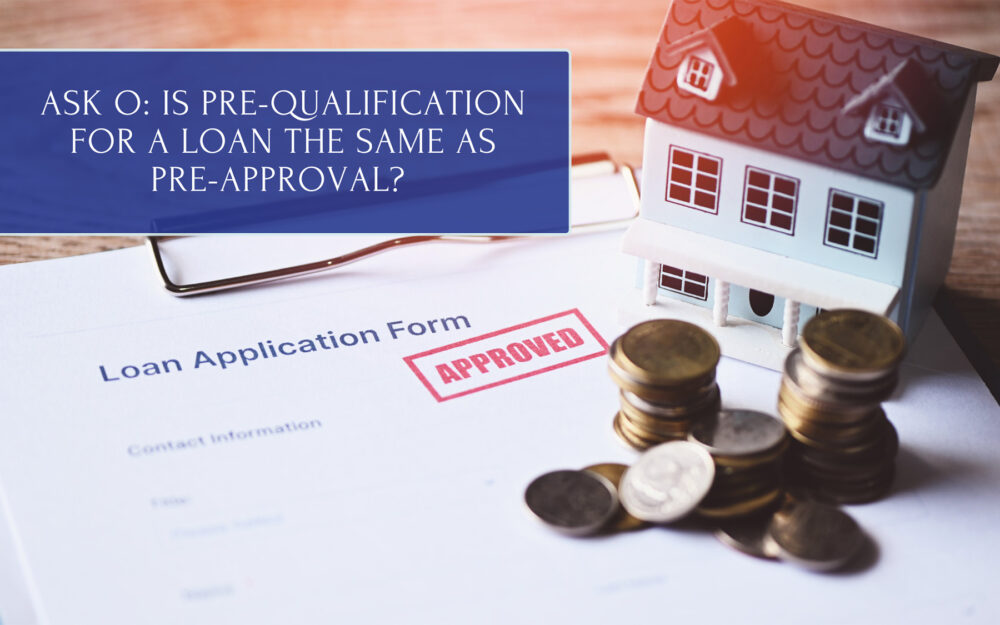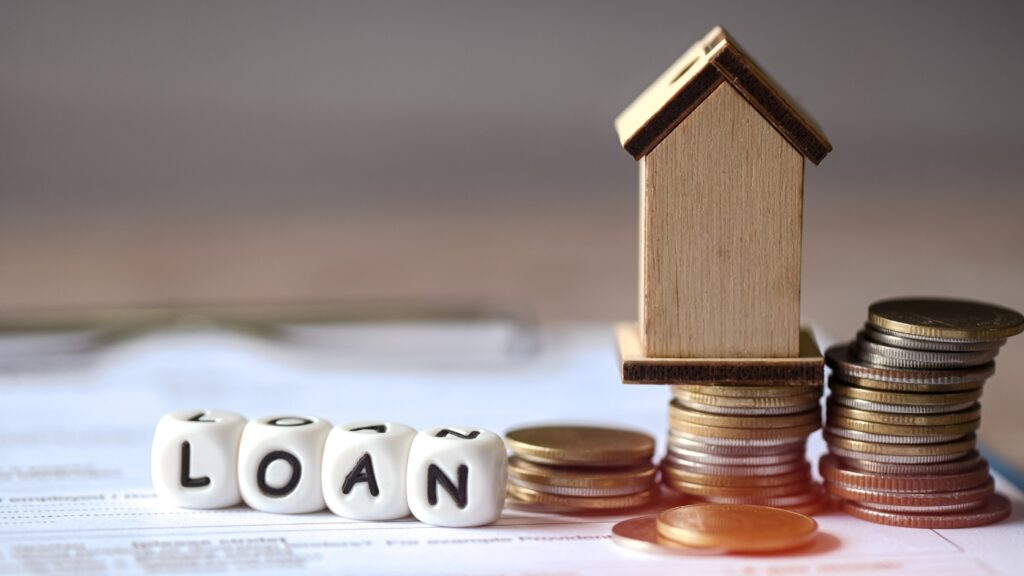
Dear Olivia,
I’m thinking about buying a home, and I’ve seen a lot of advice to get pre-qualified and other advice to get pre-approved. Are they the same thing? If not, which one should I get?
Sincerely,
Ready to Buy
To quickly answer your question, pre-qualification and pre-approval are not the same thing. Both are beneficial to you for your home search, but you will need them at different times. Let’s take a closer look at each so you can clearly understand the differences!
Mortgage Pre-Qualification
A pre-qualification involves giving a mortgage lender details about your financial situation. This includes details about your income, debts, assets, credit, and so forth. This can be a pretty informal process since it really only involves your self-report about your finances.
Based on the information you provide, a lender may (or may not) issue you a pre-qualification letter. Essentially, this letter outlines the types of loans you might be able to get. It also gives you a ballpark number regarding the amount of money you might be able to borrow for a home.
The operative word here is “might,” because a pre-qualification is just a starting point. You should go through the pre-qualification process early on in your home search, that way you have at least some idea of the price range of homes you should be looking at. After all, there’s no sense in looking at $400,000 homes when your lender thinks you can only swing a $250,000 home.
Mortgage Pre-Approval

A mortgage pre-approval is a much more detailed process. Rather than giving your lender general estimates of your financial situation, you must provide actual documentation – bank statements, pay stubs, W2 forms, and so forth. Additionally, your lender will request a credit check to see what your credit history is like.
If you meet the lender’s qualifications for a loan, they will issue you a pre-approval letter. This letter includes information like the amount and type of loan you qualify for. It also outlines the estimated interest rate and annual percentage rate for which you qualify, as well as the estimated monthly payment.
A pre-approval is a conditional commitment for a loan – not a guarantee. Lenders require you to meet their specific loan approval criteria throughout the homebuying process, and if things change, the pre-approved amount, terms, rates, and so forth might change. You might also lose pre-approval if something significantly changes, like you buy a new car and max out one of your credit cards.
Still, though it isn’t a guarantee, being pre-approved signals to sellers that you’ve done your due diligence and that you have a good chance of getting financing. When it comes down to looking at offers, the chances are good that sellers would choose an offer from someone who is pre-approved versus another person who needs to finance the purchase but does not have a pre-approval letter from their lender.
How to Get Pre-Approved for a Mortgage
The process of getting pre-approved for a mortgage is pretty straightforward:
- Check your credit score. You can do so for free from AnnualCreditReport.com. Generally speaking, you need a credit score around 600 or higher to qualify for many loans. If your score is lower than that, do some work to improve it by making payments on time, reducing your debt load, and avoiding requests for new credit.
- Get your financial documentation in order. You will need proof of your income and assets, as well as details about your debts and credit history. Your lender might request tax returns, pay stubs, bank statements, and W2s, to name a few.
- Research lenders to see who can give you the best terms. Each lender is a little different regarding the interest rate, closing costs, and origination fees; even small differences in these numbers can make a significant impact on how much your home costs in the long run.
- Apply for pre-approval and wait. If you’re pre-approved, awesome! If you aren’t, you will have a clear picture of what you need to do to improve your financial situation so you can be pre-approved at a later date.
Of course, asking questions is a great way to educate yourself about the homebuying process. Talk to your lender, and don’t hesitate to talk to your Realtor, too. We’re here to help you achieve your real estate goals, whatever they may be!
If you have further questions, don’t hesitate to reach out to me at 307-856-3999.
~Olivia
